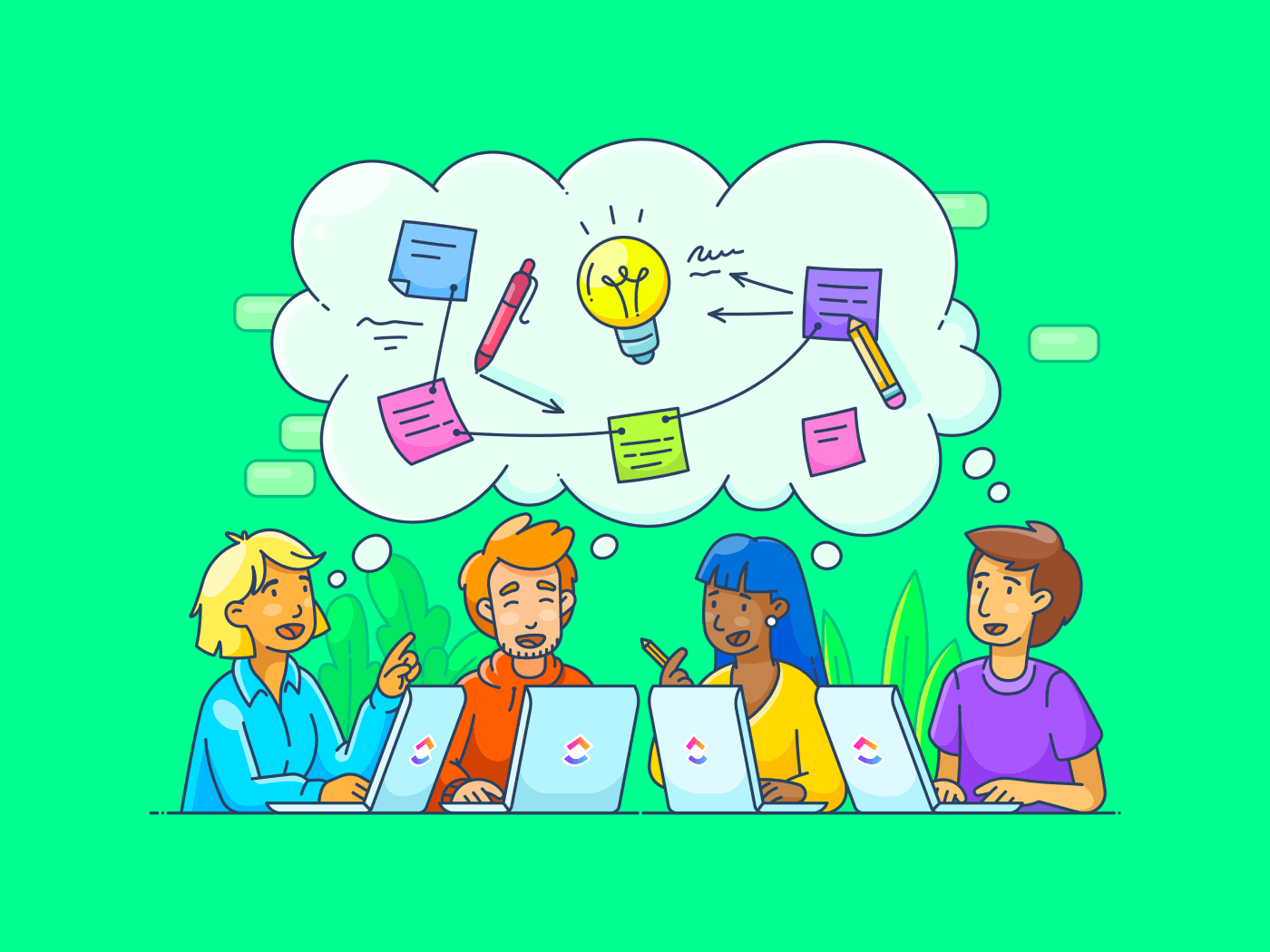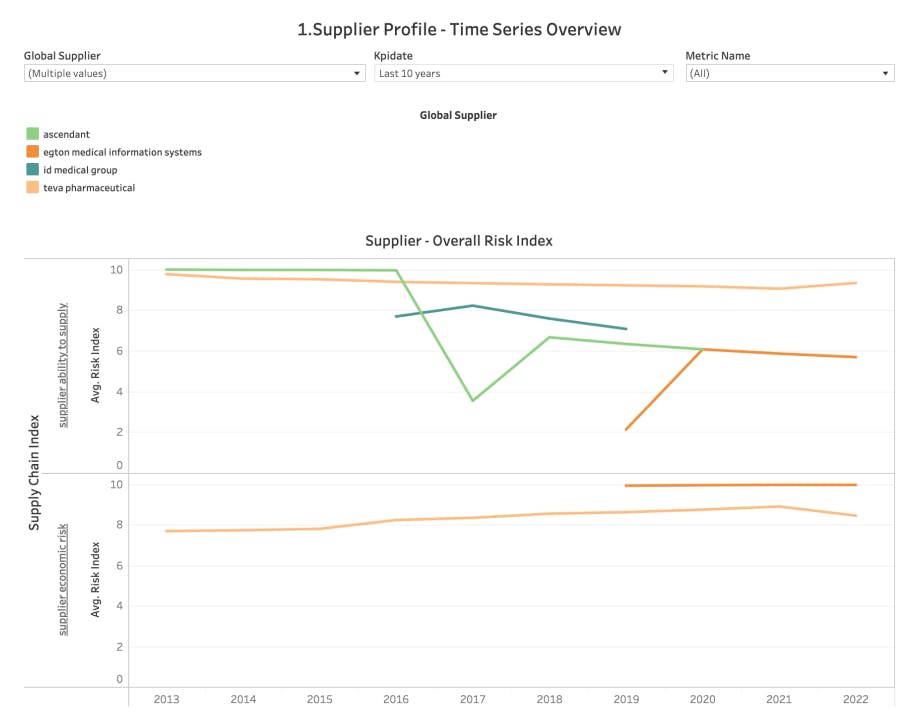Opinion column by Carlos Arribas, Regional Marketing Manager of Personio Spain
We find ourselves in a digital era in which companies, regardless of the sector to which they belong, are immersed in a process of constant transformation. However, there are industries that, due to their very nature, must not only adapt to this transformation, but lead it. It happens with some sectors, like IT Services companieswhich are at the heart of technological change and, therefore, must be an example of innovation, efficiency and modernization. In this context, the use of digital tools, especially in the area of Human Resources, becomes not only a competitive advantage, but a strategic necessity.
This is a sector that we can consider key to the global digital economy. These companies not only provide technological support to other organizations, but also develop solutions for complex problems that affect different sectors. However, as technological demands grow, so does the internal complexity of these companies. It is something that grows bidirectionally. With globally distributed work teams, multiple simultaneous projects and rapid employee turnover, IT Services companies need tools that allow them to maintain control without slowing down the pace of work.
One of the biggest challenges in these organizations is talent management, a crucial aspect for the success of any company that depends on innovation and technology. This is where HR software comes into play, offering a series of benefits that allow IT Services companies to remain agile, efficient and competitive, while also being able to remain up to date in terms of digitalization. For almost 10 years This is one of the objectives of Personio.
Digital HR tools have a strategic role for this type of company, given that the environment in which efficiency coexists is key. All your internal processes must be as agile and automatic as possible. HR management systems have evolved to encompass much more than simple payroll administration or tracking hours worked. Today, these tools can manage the entire employee life cyclefrom recruitment and selection to training, professional development and exit from the company.
Integrated HR systems offer concrete benefits such as automating repetitive tasks, which frees up time for the HR team can focus on strategic activities that add value to the organization. The digitalization of these processes reduces the risk of human errors, improves data accuracy and ensures regulatory compliance, fundamental aspects in an industry as regulated and diverse as IT Services.

One of the most notable characteristics of IT Services companies is the need to adapt quickly to technological changes and new market demands. This requires an agile organizational structure, and that agility starts with managing your teams. Digital HR tools facilitate labor mobility and flexibility, two aspects increasingly demanded by professionals in the sector.
Furthermore, in an industry where the talent crisis and precipice is constant, having systems that allow efficient management of recruitment and loyalty processes is key to success. Modern HR platforms can track employee performance, identify development opportunities, and create personalized career plans that increase job satisfaction. In this way, not only is key talent retained, but the best professionals on the market are attracted as well as, in the long run, advocating for business productivity.
The ability to collect and analyze data in real time is another crucial aspect that underlines the need for these types of digital tools. Data-driven decisions are not a passing trend; They have become an essential practice for any company seeking to remain competitive. Today’s HR platforms allow companies to have a clear view of important metrics such as employee satisfaction, productivity, turnover rates, and hiring costs.

This results in an improved ability to foresee potential problems and address them before they become crises. For example, if a company can identify high turnover patterns On certain equipment, you can investigate underlying causes and take corrective action before overall performance is affected. This is the kind of proactivity that differentiates companies that lead the market from those that simply survive.
Regarding digitalization, for some organizations, adopting new technological tools can be perceived as a challenge. However, in the case of IT Services companies, this should be seen as a natural extension of their own business model. These companies are already at the forefront of technology, and it stands to reason that they benefit from the same innovations they promote.
Despite the benefits that digitalization promotes, the digitalization of HR processes also presents challenges, something that we at Personio know perfectly well. One of the most common challenges is resistance to change by employees, who may see the adoption of new tools as a threat to their usual way of working. To address this issue, it is essential that IT Services companies involve their teams in the software selection and implementation process, ensuring that the chosen tools are intuitive and improve their daily lives.

Another common challenge is integrating these tools with existing systems. Companies should ensure that the HR software they choose can communicate effectively with other platforms and systems they already use, such as project management tools or communication platforms. Interoperability is key to avoiding data duplication and ensuring information flows seamlessly across the organization.
IT Services companies are located in a unique position in the digital age. Not only do they have a responsibility to drive innovation for their customers, but they must also lead by example and apply those same principles to their internal operations. The adoption of digital HR tools. HH. It is not a passing fad, but a logical and necessary step towards efficiency, competitiveness and sustained growth.
By digitizing HR processes, These companies can reduce costs, improve data accuracy and, most importantly, free their employees from repetitive tasks. so they can focus on what really matters: innovating and delivering high-value solutions to their customers. In short, the integration of these tools not only improves talent management and loyalty, but also drives companies to be more agile and resilient in the face of the challenges of a constantly evolving market. It is, without a doubt, an investment that makes a difference.
You can find this content and many others in the Orbital Landscape on human resources. Download the report.








/cdn.vox-cdn.com/uploads/chorus_asset/file/24038601/acastro_STK109_microsoft_02.jpg)




